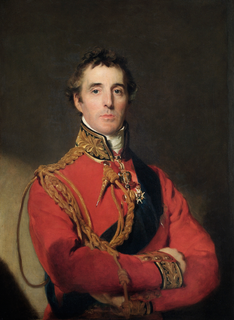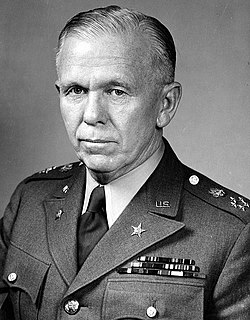A Quote by Sun Tzu
No ruler should put troops into the field merely to gratify his own spleen; no general should fight a battle simply out of pique.
Related Quotes
No ruler should put troops into the field merely to gratify his own spleen; no general should fight a battle simply out of pique. If it is to your advantage, make a forward move; if not, stay where you are. Anger may in time change to gladness; vexation may be succeeded by content. But a kingdom that has once been destroyed can never come again into being; nor can the dead ever be brought back to life.
A private should preserve a respectful attitude toward his superiors, and should seldom or never proceed so far as to offer suggestions to his general in the field. If the battle is not being conducted to suit him, it is better for him to resign. By the etiquette of war, it is permitted to none below the rank of newspaper correspondent to dictate to the general in the field.
Melville had to fight, fight against the existing world, against his own very self. Only he would never quite put the knife in the heart of his paradisal ideal. Somehow, somewhere, somewhen, love should be a fulfillment, and life should be a thing of bliss. That was his fixed ideal. Fata Morgana. That was the pin he tortured himself on, like a pinned-down butterfly.
Love or affection towards an individual or nation, is indicated by good action snot merely be words. The adoration towards nation is expressed by works of welfare equally done by the ruler and theruled. The ruler himself must be engatged, in welfare of th country and also should select officials examining their involvement with the public god. Self-centered people greedy of the power should be kept away
The first step to be taken by one who wishes to follow Christ is, according to Our Lord’s own words, that of renouncing himself - that is, his own senses, his own passions, his own will, his own judgement, and all the movements of nature, making to God a sacrifice of all these things, and of all their acts, which are surely sacrifices very acceptable to the Lord. And we must never grow weary of this; for if anyone having, so to speak, one foot already in Heaven, should abandon this exercise, when the time should come for him to put the other there, he would run much risk of being lost.






































